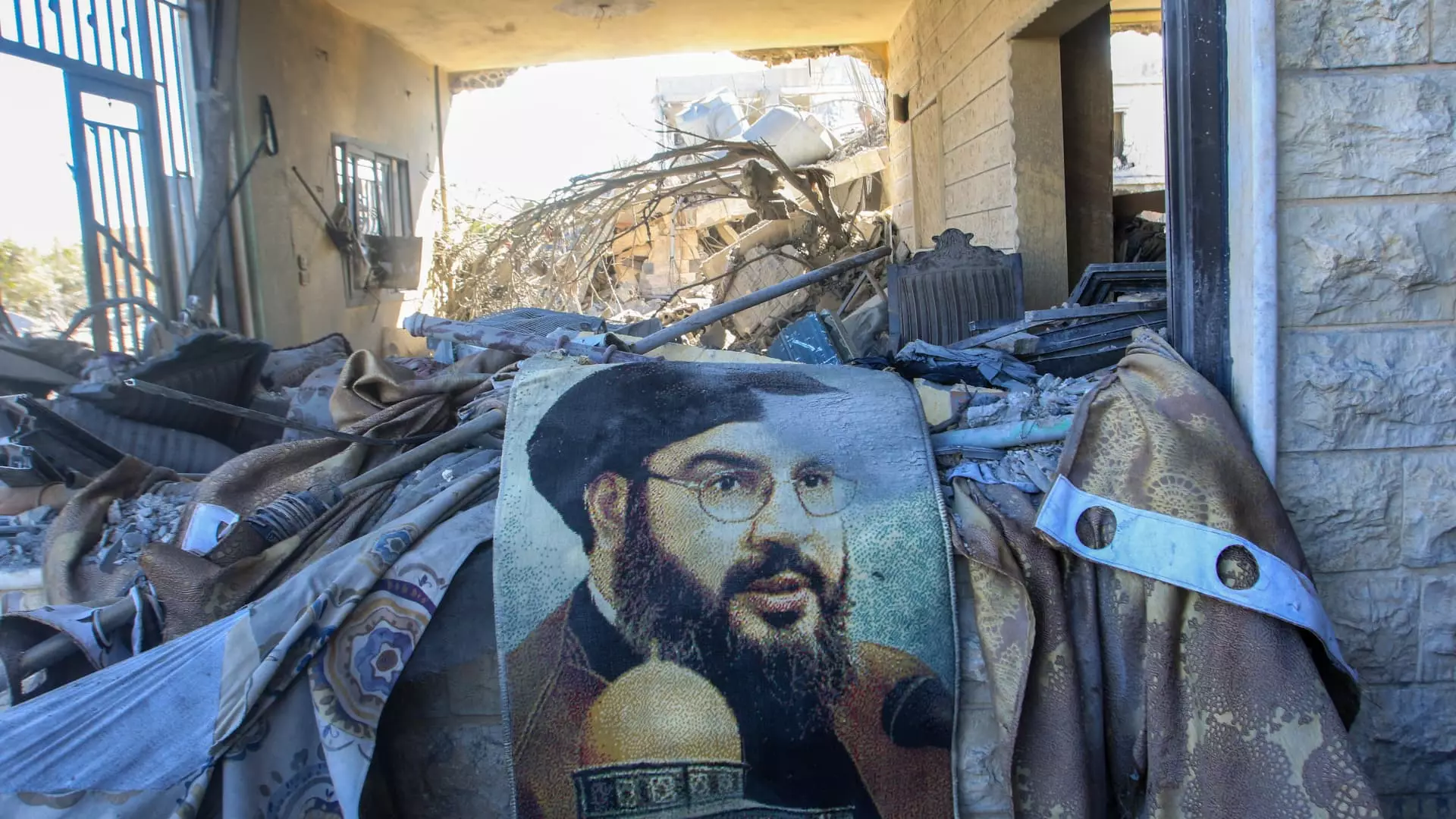On a pivotal Saturday, the Israeli Defense Forces (IDF) proclaimed the killing of Hassan Nasrallah, the long-time leader of Hezbollah, through a post on social media by spokesperson Lt. Col. Nadav Shoshani. The announcement immediately followed an extensive assault on Lebanon by Israeli forces. Authorities claim that Nasrallah was eliminated during a “targeted strike” aimed at Hezbollah’s command centers in Beirut, a decisive military action signaling a significant escalation in the ongoing conflict between Israel and the Iran-backed militant faction. The implications of this statement reverberate well beyond Lebanon, sparking discussions of geopolitical realignments and shifts in power dynamics across the region.
Hassan Nasrallah’s leadership has spanned over three decades, positioning him as a formidable actor not only within Hezbollah but also in the broader context of Middle Eastern politics. With reports indicating the mortality of other key Hezbollah figures in the recent airstrikes, observers are left pondering the strategic ramifications of this loss. Public commentary from Lebanese political analyst Ronnie Chatah underscores the depth of this psychological blow to Hezbollah. He posits that this loss fundamentally alters the organization’s perception both internally and externally and denotes a turning point in its history.
Chatah’s assertion that Hezbollah can never revert to its former strength rings particularly relevant in this discourse. While the group may persist in some capacity, its status as a dominant military and political entity is now mired in uncertainty. He foresees a future where Hezbollah remains, albeit in a significantly diminished form compared to its prior operational capacity.
Nasrallah’s influence was not merely military; he was also a charismatic leader whose speeches and ideologies resonated deeply with Hezbollah supporters and broader Shia communities in Lebanon. Recognized as a strategic mastermind who had transformed Hezbollah into an effective paramilitary force, his death raises questions regarding continuity of leadership and coherence of the group’s strategic direction moving forward. Without Nasrallah’s unifying figure, Hezbollah may struggle to align its disparate factions and maintain its ideological narrative. The vacuum he leaves could cultivate a power struggle, initiating a reorganization within Hezbollah that could potentially fracture its unity.
Regional Repercussions
The regional consequences of Nasrallah’s death are likely to be profound. Experts in Middle Eastern politics, such as Firas Maksad from the Middle East Institute, have indicated that this murder symbolizes a stark escalation in hostilities between Israel and Iran, setting the stage for a potential confrontation that could encompass the entire Levant. The implications extend far beyond military engagement and delve into the intricate tapestry of sectarian politics in Lebanon. Nasrallah’s established role as a preeminent leader among the Shia community raises significant questions about the future dynamics within Lebanon’s well-entrenched sectarian system.
As noted by Maksad, Nasrallah’s death leaves a substantial void in the leadership landscape of Lebanon’s Shia population. The immediate aftermath might exacerbate existing political polarization, raising concerns about the stability of a country already grappling with significant governance challenges. The void left by his assassination may embolden rival factions or lead to increased fragmentation within Hezbollah, further destabilizing an already precarious political environment.
The announcement of Hassan Nasrallah’s death represents more than just the elimination of a key figure in Hezbollah; it symbolizes a potential turning point that could reshape both Lebanon and the broader region. As the dust settles from this momentous event, analysts and observers will closely watch for indications of Hezbollah’s response and how the power dynamics in Lebanon and beyond may be reconfigured. The legacy of Nasrallah, marked by his role in both commanding Hezbollah and influencing the Shia agenda in Lebanon, will undoubtedly leave an indelible mark on Middle Eastern geopolitics for years to come.


Leave a Reply